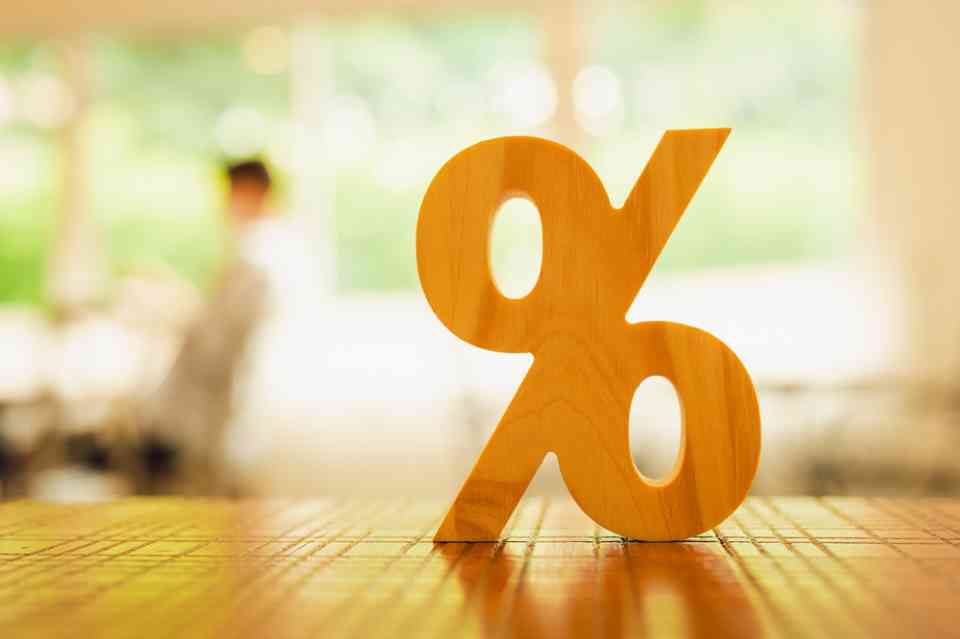Mixed Inflation Trends in African Economies – A Closer Look

Inflation is easing in several leading African economies, but Nigeria continues to face high consumer prices. The National Bureau of Statistics (NBS) reported that Nigeria’s headline inflation rose to 34.19% in June, up from 33.95% in May 2024.
Conversely, South Africa, recognized by the International Monetary Fund as the continent’s top economy, is experiencing a decline in inflation. With food and transport prices decreasing, inflation reached a two-month low following a consistent rise since September 2023. Data from Statistics South Africa indicated that headline consumer inflation fell to 5.1% year-on-year in June from 5.2% in May, and core inflation also decreased. This reduction may prompt the South African Reserve Bank (SARB) to consider a rate cut in its upcoming meeting in September. South Africa’s central bank has maintained a stringent monetary policy to return inflation to the midpoint of its 3% to 6% target range.
Egypt, which has devalued its currency and removed certain subsidies like Nigeria, has seen a reduction in its annual urban inflation rate for the fourth consecutive month. In June, inflation dropped to 27.5% from 28.1% in May, as reported by the country’s statistics agency. This marks a continued decline from a peak of 38% in September 2023, following the Central Bank of Egypt’s adoption of an inflation-targeting model and a flexible exchange rate. Core inflation in Egypt, excluding volatile items like fuel and certain foods, eased to 26.6% year-on-year from 27.1% in May, according to central bank data.
Ghana also witnessed a cooling of prices, with inflation decreasing for the third straight month to 22.8% year-on-year in June from 23.1% in May 2024. The drop in the cocoa, gold, and oil-producing nation’s consumer prices was driven by a reduction in non-food inflation, which fell to 21.6%, offsetting an increase in food inflation.
Nigeria’s soaring inflation suggests that the Central Bank of Nigeria (CBN) may persist with a tight monetary policy that aims for a projected 21% consumer price index. In its latest monetary policy committee meeting, the CBN raised interest rates for the fourth time in a row by 50 basis points to 26.75% in response to the highest inflation rate in three decades.
Samuel Sule, CEO of Renaissance Capital Africa, commented that the inflation outlook remains uncertain due to factors such as fuel prices, food production, foreign exchange, and market sentiment.
Have you read?
What Business Leaders Can Learn from Top Sporting Event Athletes.
African countries with the highest number of internally displaced persons (IDPs)
Revealed: Countries With the Largest Forex Reserves.
Eric Spofford Is Turning People’s Lives Around as a Business Athlete.
Countries buying the most Black Hawk helicopters.
Bring the best of the CEOWORLD magazine's global journalism to audiences in the United States and around the world. - Add CEOWORLD magazine to your Google News feed.
Follow CEOWORLD magazine headlines on: Google News, LinkedIn, Twitter, and Facebook.
Copyright 2025 The CEOWORLD magazine. All rights reserved. This material (and any extract from it) must not be copied, redistributed or placed on any website, without CEOWORLD magazine' prior written consent. For media queries, please contact: info@ceoworld.biz








